
Researchers have used an undulator’s magnetic field to generate and control ultrafast X-ray pulses.
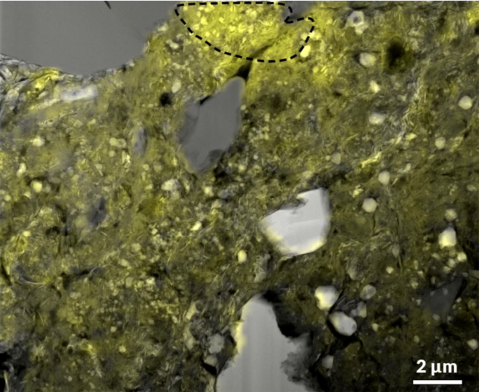
Using the Advanced Light Source and Molecular Foundry, researchers identified the chemical stew found in samples of the asteroid Bennu.
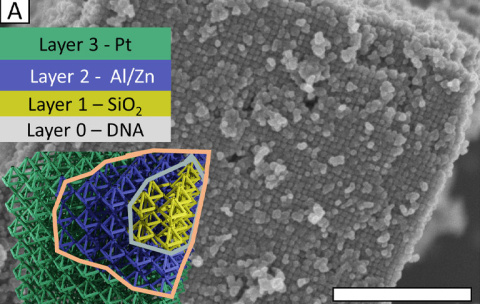
Using DNA scaffolding, scientists developed a universal method for producing a wide variety of functional, 3D metallic and semiconductor nanostructures
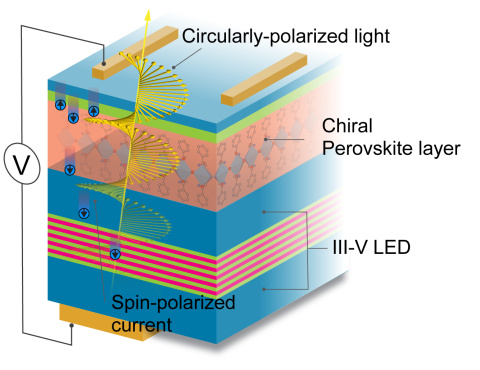
By combining a chiral semiconductor with an LED, scientists controlled the orientation of electron spin.

Researchers used a multimodal approach to determine the metal-substrate interface in a superconducting qubit material.
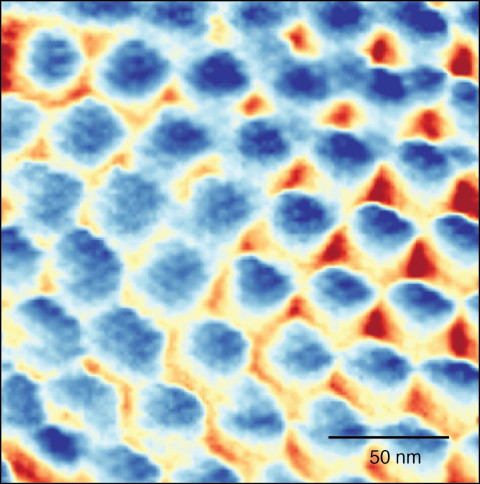
Discovery proves the existence of the mysterious Wigner crystal — an unusual kind of matter made entirely of electrons.
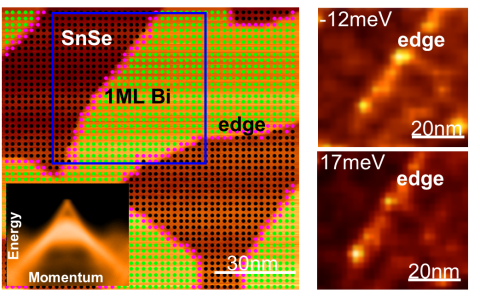
Although scientists conceived of Weyl fermions in 3D, researchers have observed their 2D equivalent in a monolayer film.

Big breakthrough in heavy-element chemistry shatters long-held assumptions about transplutonium elements.
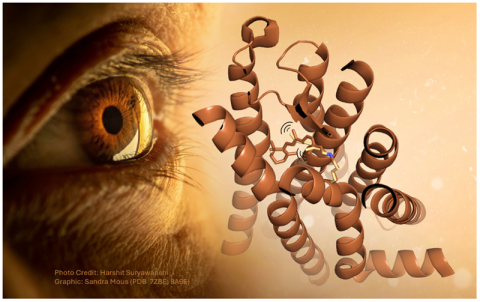
How visual rhodopsin responds to light in one of nature’s fastest reactions.

Special graphite flakes are defying conventional thought in physics by showing that a material can be a superconductor and a magnet at the same time.

